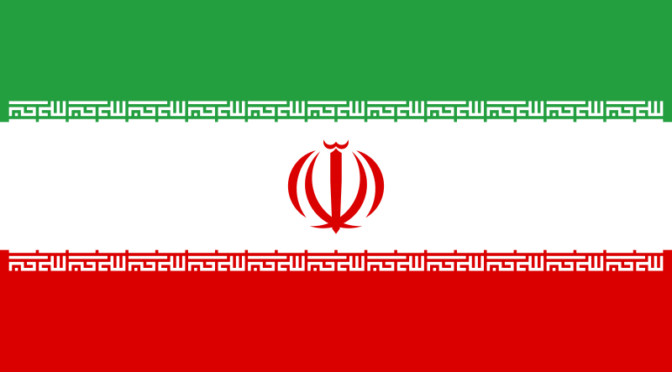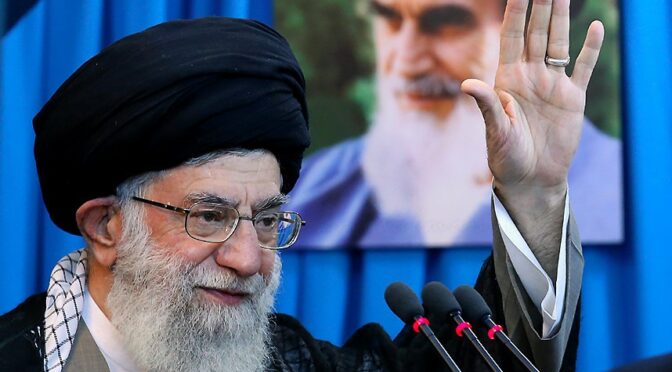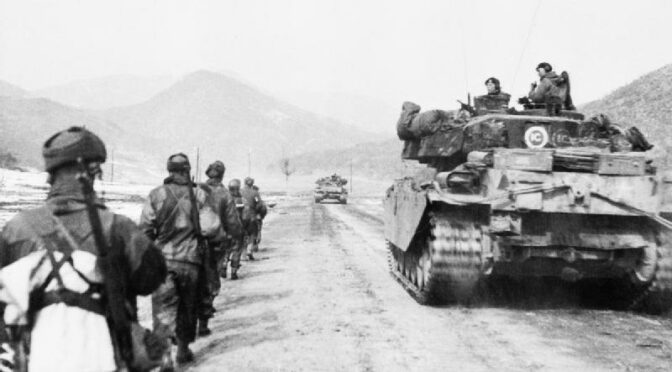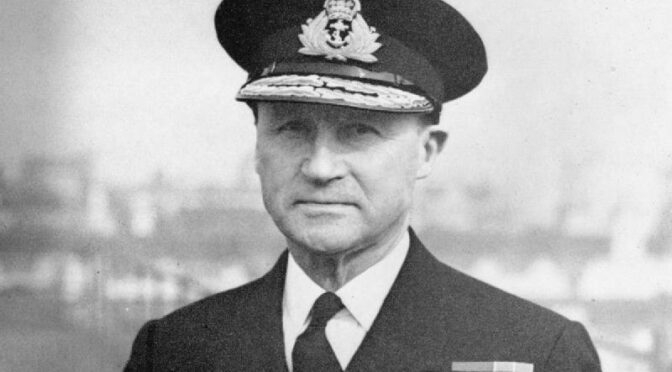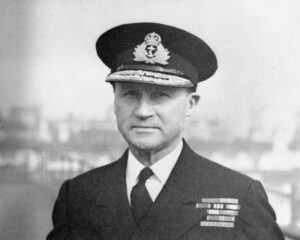Hanit is the Hebrew word meaning spearhead. That word explains why Israel is a vital strategic asset not just to Great Britain, but to the West as a whole. Hanita is also the name of a settlement established in the western Galilee in March 21, 1938. Geographically, Hanita is literally the spearhead of Israel, hard up against the front line with Lebanon. It lies about 15 kilometres northeast of Nahariya.
The story of Hanita encapsulates Britain’s longstanding and too often dishonourable relationship with the Jews of Palestine and the state of Israel. When the establishment of Hanita was proposed, the British administration vetoed it and then did everything in their power to prevent it going ahead.
Despite many obstacles thrown into their path, the Jews persisted and the tower and stockade village was eventually built. This was during the Arab Revolt in Palestine (1936-1939), and on their very first night at Hanita the young pioneers had to fight off wave after wave of savage attacks by hundreds of Bedouin raiders intent on their massacre.
Two years later, in 1940, the very same British authorities that had forbidden the settlement came to Hanita for help. Britain planned to invade Syria to prevent the Vichy French government there from allowing a German army to build up and threaten the Mosul oilfields and the Suez Canal.
An Australian force was to enter Lebanon from Palestine, using the forbidden Hanita as a base, and from there to advance into Syria.
Bridges over the Litani River were vital for the operation, and because of their familiarity with the wild and unchartered border country, the Jews were asked to capture and hold those bridges to prevent their destruction by the Vichy forces.
Having suffered over fifty percent casualties, fifty young Jewish farmers from Hanita held the bridges for seven hours and repulsed ten mass attacks before the Australian regular troops eventually arrived. In the final onslaught, the Jews fought off their heavily armed attackers with knives, bricks, crow bars, revolvers, and when out of bullets, with their bare hands. This was the operation in which Moshe Dayan, later Chief of Staff, Defence Minister and Foreign Minister of Israel, lost his left eye.
On a different level we saw a similarly duplicitous game played out again only at the end of last year. In a speech in London last December, British Prime Minister Theresa May strongly asserted the value that Israel has to Britain. She said:
Israel will be crucial to us as we exit the EU.
We have common values; we work together, on health, counter-terrorism, cyber security, technology; and we can help each other achieve our aims. Continue reading →
 Interview published in Majalla, 3 November 2017
Interview published in Majalla, 3 November 2017
